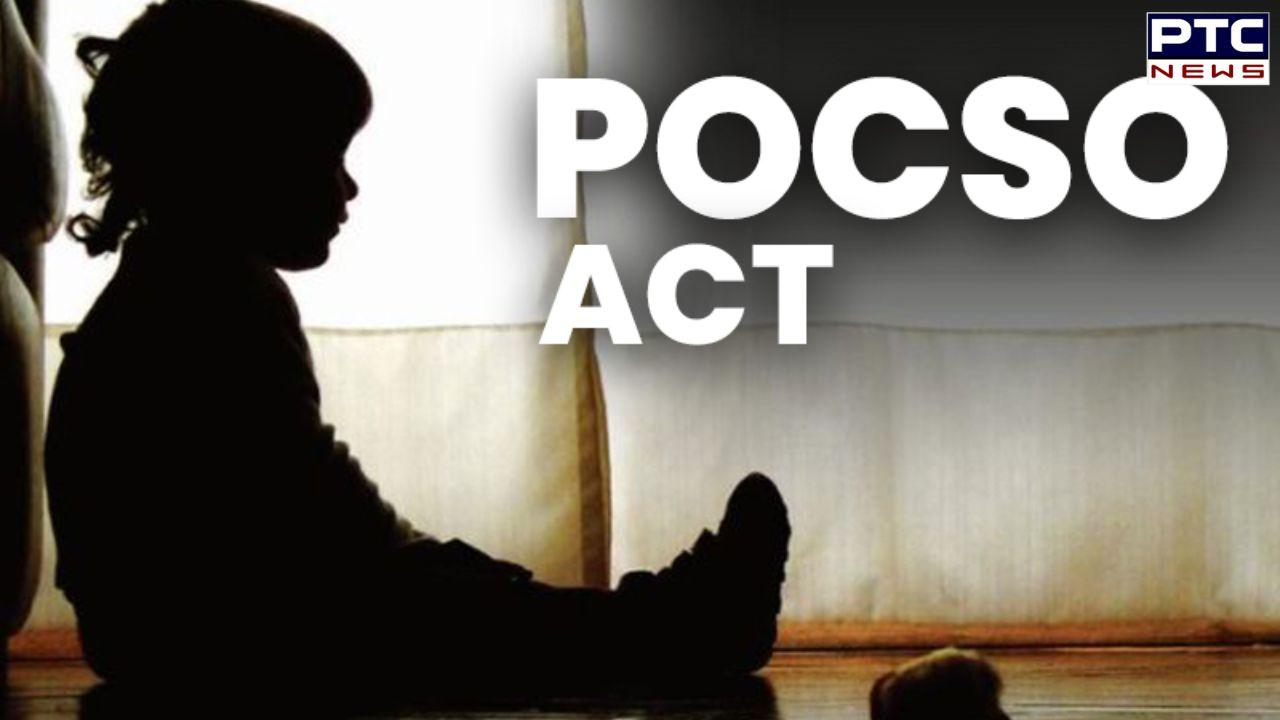

'Society judged her, legal system failed her...': SC uses special powers to free man convicted under POCSO Act
PTC Web Desk: In a significant and sensitive ruling, the Supreme Court on Friday used its extraordinary powers under Article 142 of the Constitution to release a man convicted under the Protection of Children from Sexual Offences (POCSO) Act for being in a sexual relationship with then 15-year-old girl, who is now his wife.
Although the court upheld the man’s conviction, it decided not to sentence him, citing unique and troubling circumstances. The Bench stated, “What troubles is the issue of sentencing. The victim didn’t treat this as a heinous crime. She couldn’t make an informed choice. Society judged her, the legal system failed her, and her family abandoned her. Now she is trying to save her husband.”
The court emphasised that the consequences of the legal process had a deeper impact on the girl than the act itself. The Bench remarked, “It’s not just the legal crime, but the consequences that took a toll on the victim. She had to fight against the police and the legal system just to protect the man she later married.”
Calling the case an "eye-opener," the Supreme Court noted the serious gaps in the legal system that affect young individuals involved in such situations. The court further directed the West Bengal government and the State Women and Child Welfare Ministry to take concrete steps in handling teenage relationship cases. This includes spreading awareness about the POCSO Act, improving sex education, and ensuring that all sexual assault cases are mandatorily reported to protect minors.
This case dates back to 2023, when the Supreme Court took suo motu cognizance of the matter following controversial observations by the Calcutta High Court. While the High Court had acquitted the man by invoking Section 482 of the Criminal Procedure Code (CrPC), the Supreme Court overturned that decision, restoring the conviction but deciding against sentencing due to the special circumstances.
The top court also criticised the High Court’s earlier ruling, calling it a violation of the victim’s fundamental right to life and liberty under Article 21 of the Constitution.
- With inputs from agencies
